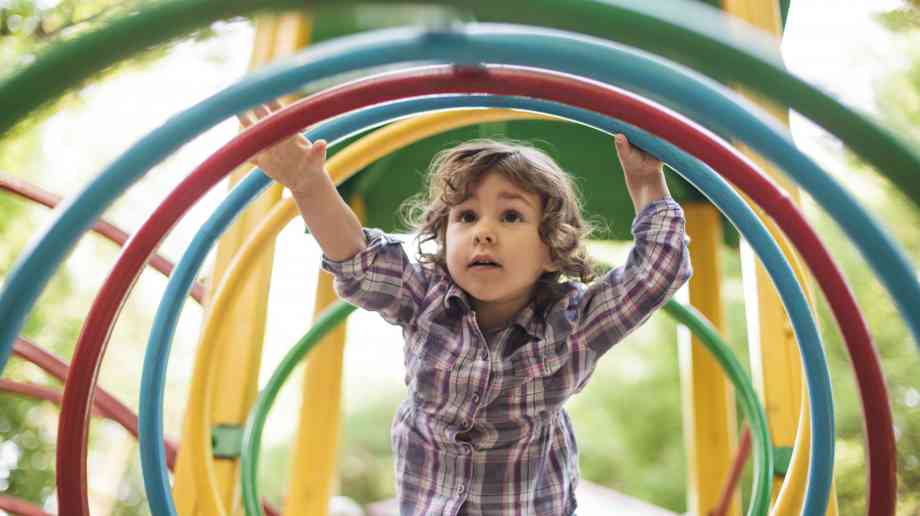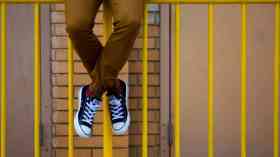Does your organisation deal with safeguarding issues?
Does your organisation have to care for those with special educational needs?
Does your team worry about keeping sensitive documents safe & secure?
Have you been the victim of a data breach or cyber attack?
Supplier Focus
Latest Supplier News
Borg & Overström is a UK manufacturer of premium drinking water solutions. For over 20 years Borg & Overström has developed sustainable, bottle-less, hygienic, drinking water dispensers with the aim to provide exceptional, safe, self-service drinking water into schools, universities, workplaces and communal spaces.











